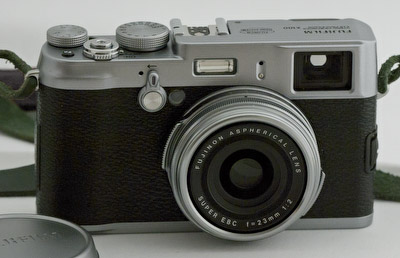
Fuji X100
The Fuji X100 is a retro looking but actually highly modern and innovative camera using a fixed lens and APS-C sized sensor. The design goal was to bring back the rangefinder experience while still delivering today's experience with digital cameras. At $1,200 the X100 seems to be a quite expensive camera but the main competition the Leica X1 costs nearly twice as much.
A friend of ours got a X100 and let us use it twice for about half a day.
The lens
The lens is a 23mm f/2 (about the Filed of View from a 35mm full frame camera and quite fast aperture). We think if you have only one lens then 35mm is nearly the only good choice. Clearly having a single fixed lens is limited compared to system cameras but it also makes many things simpler. For street and indoor photography this lens would do the job most of the time for us. It is even a good training to use a single lens for some time and explore it's possibilities.
The Viewfinder
The hybrid viewfinder is the most innovative part of this camera. You can switch between an optical rangefinder style viewfinder and an EVF view in instant.
- The Optical Viewfinder (OVF)
The optical viewfinder is clear and bright. Key is that it shows all the needed information as an overlay. Clearly this viewfinder is wonderful to use. Because all OVFs have some trouble (e.g. flare) if the scene gets very bright it is helpful to be able to switch to the EVF view. The EVF is also needed for closeups to avoid parallax.
- Electronic Viewfinder (EVF)
We also found the EVF just fine but did not have the time to explore it some more.
The viewfinder is a clear winner. It makes us think what if Fuji would come up with the same camera design and use a zoom from 24 - 75mm (full frame equivalents) or even 28-60mm. If the zoom would go more into the tele range the rangefinder style OVF would not work anymore and also a fast f/2 lens could get too big. Will be interesting what Fuji is coming up with in the future.
Image Quality
Images look excellent and hold easily up even at ISO 3200. We attribute the quality of the images to the following properties:
- Sensor
- Limiting to 12MP
- No or very weak AA filter
- Good lens
The images need not much post-processing and sharpen very well.
Honestly we have no complaints about the image quality. We even like the colors that come out of Lightroom 3.4 with the default profiles (we also made a Color Checker Passport profile but did not compare much). Even if we find the handling sometimes not optimal (see below) we got rewarded by great image quality.
What we liked
- Viewfinder concept and implementation (both OVF and EVF)
- Level control in the viewfinder to avoid tilt (horizontal axis)
- Mechanical dial for shutter speed and EV compensation
- Ultra quiet shutter (leaf shutter)
- Seems well built and handles fine (we have smaller hands)
- Built in ND filters (did not test much)
- Image quality
What we did not like that much
- After we take a picture we check for possible highlight clipping. This is a major hassle with the X100. We need to go to the preview and do multiple clicks to come to the proper view with histogram and blinking highlight warnings (this is also not sticky). We also would like to see RGB histograms. Histogram is small and not easy to interpret.
We would like to see the blinking highlight warning in the full image view and also the instant preview.
- There is no lens hood in the box. Not really acceptable for a $1,200 camera. Because of the missing lens hood (our friend did not get it yet) you can experience more bad flare if the scene is backlit.
- ISO should be more easily accessible. You can put it onto a function button but you better may want to use it for other functions (e.g. ND filter)
- Image preview resets AEB bracketing
- People on the net posted lists of bugs (we did not have the time to check into them)
- Manual focus was reported to be a bit quirky (again we could not check). For our slow pace the AF did the job fine
- Writing to card is slow and Raw files not well compressed to save space (a 12MP Raw takes as much space as a 16MP Raw from the Panasonic GH2).
- Bugs, quirks and eccentrics list from DPReview
Sample Images
We have a gallery with sample images here (can view the images in much larger magnification):
Fuji X100 Field Test Gallery
Below are some samples (all part of the gallery). All photos were taken handheld.
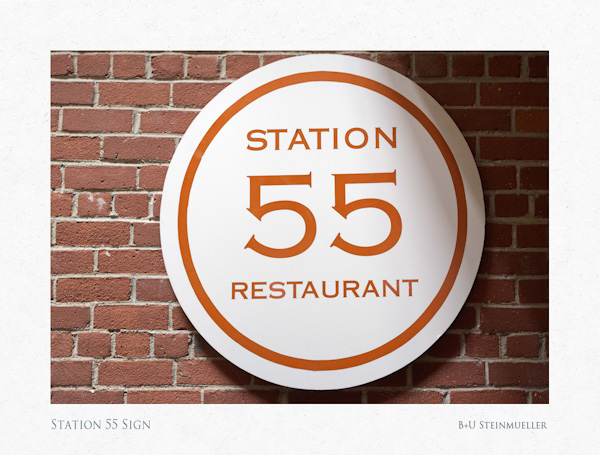
Very nice brick wall details (ISO 800, f/4)
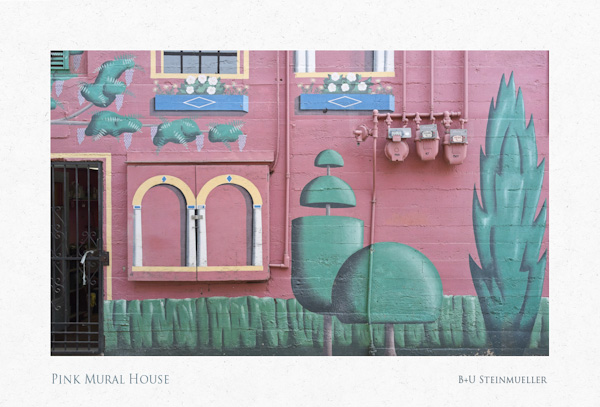
Nice colors (ISO 800, f/4)
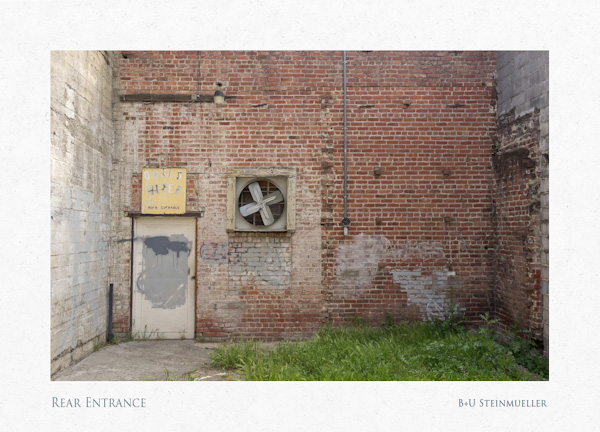
(ISO 800, f/4)
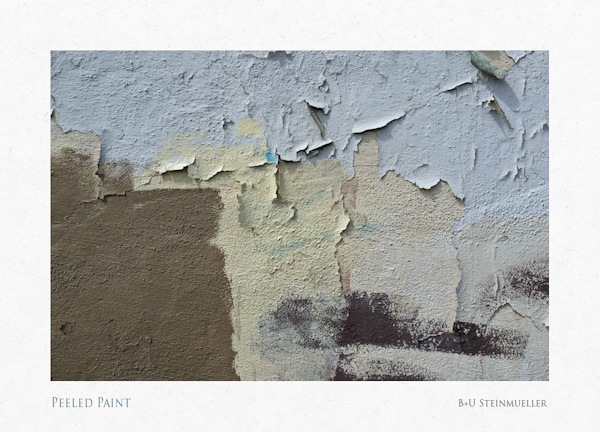
Nice color gradations (ISO 200, f/5.6)
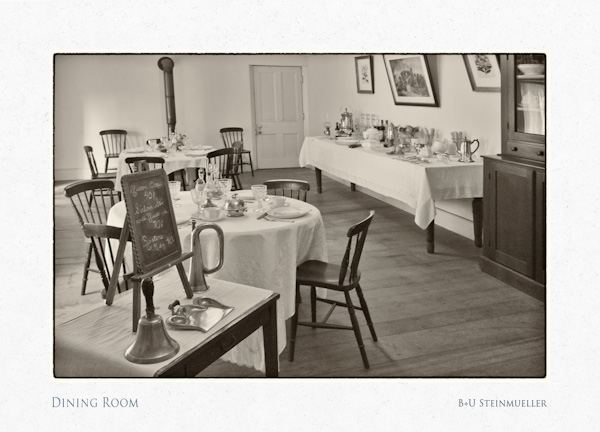
Converted to B&W with Silver Efex Pro 2 (ISO 3200, f/5.6)
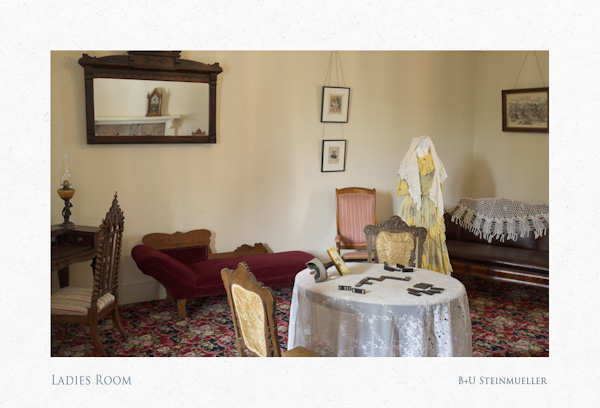
Works very well indoors (ISO 1000, f/2.8)
Conclusion
The key question is actually whether you like to work with a camera that only has one fixed lens. If the answer is yes then you should check out the X100. There are quite a few quirks in its handling but the image quality easily compensates for it. Even for us the X100 is hard to resist. We say "even" because we shoot more on the tele range than 35mm.
Don't miss the Bugs, quirks and eccentrics list from DPReview. This does not take away the great image quality, nice looks and the innovative viewfinder.
What about the price? Depends what you use for your comparisons.
- Leica X1: The X100 is much cheaper and offers this great viewfinder.
- Panasonic GF1/2 + 20mm f/1.7: This combination is cheaper and more versatile (interchangeable lenses). But the X100 is better in terms of image quality in the higher ISO range.
- Ricoh GXR: Field Test soon.
- Sigma DP2: did not have a chance to check.
|